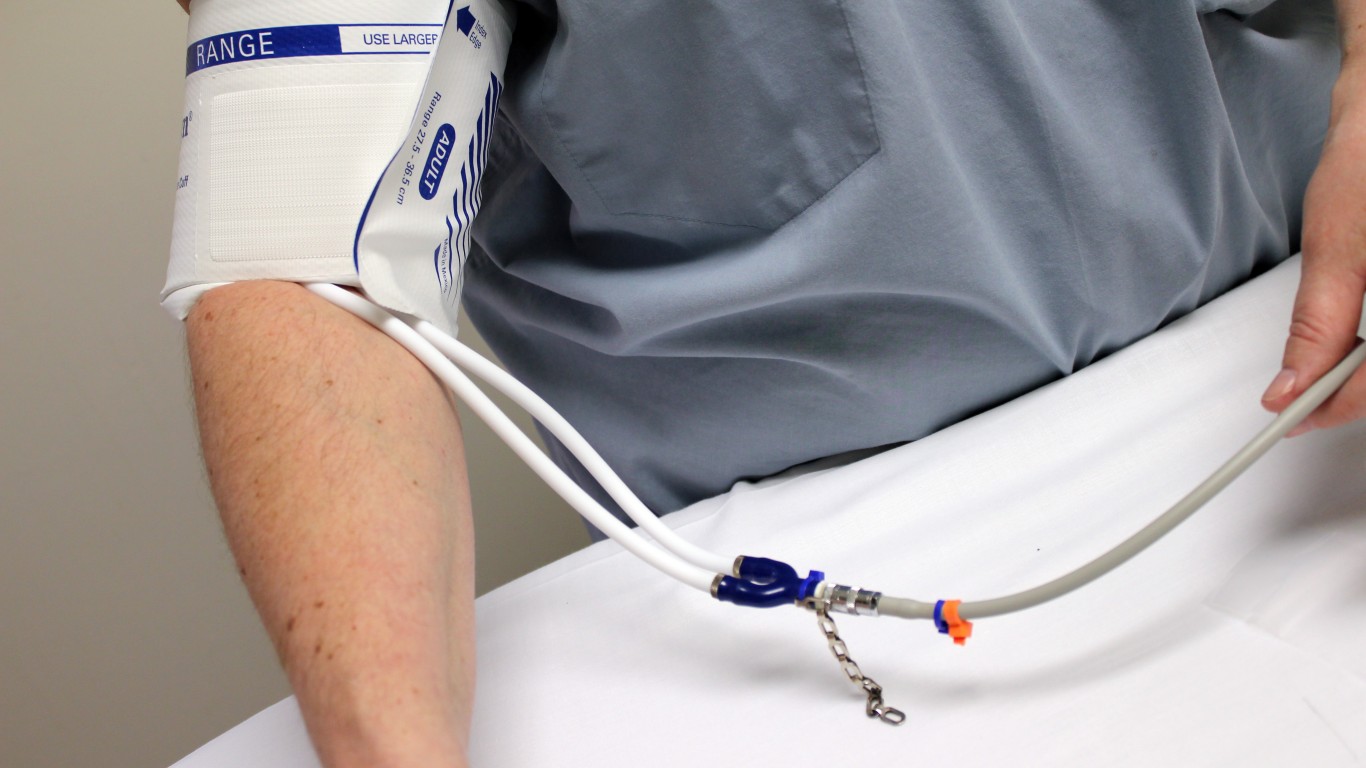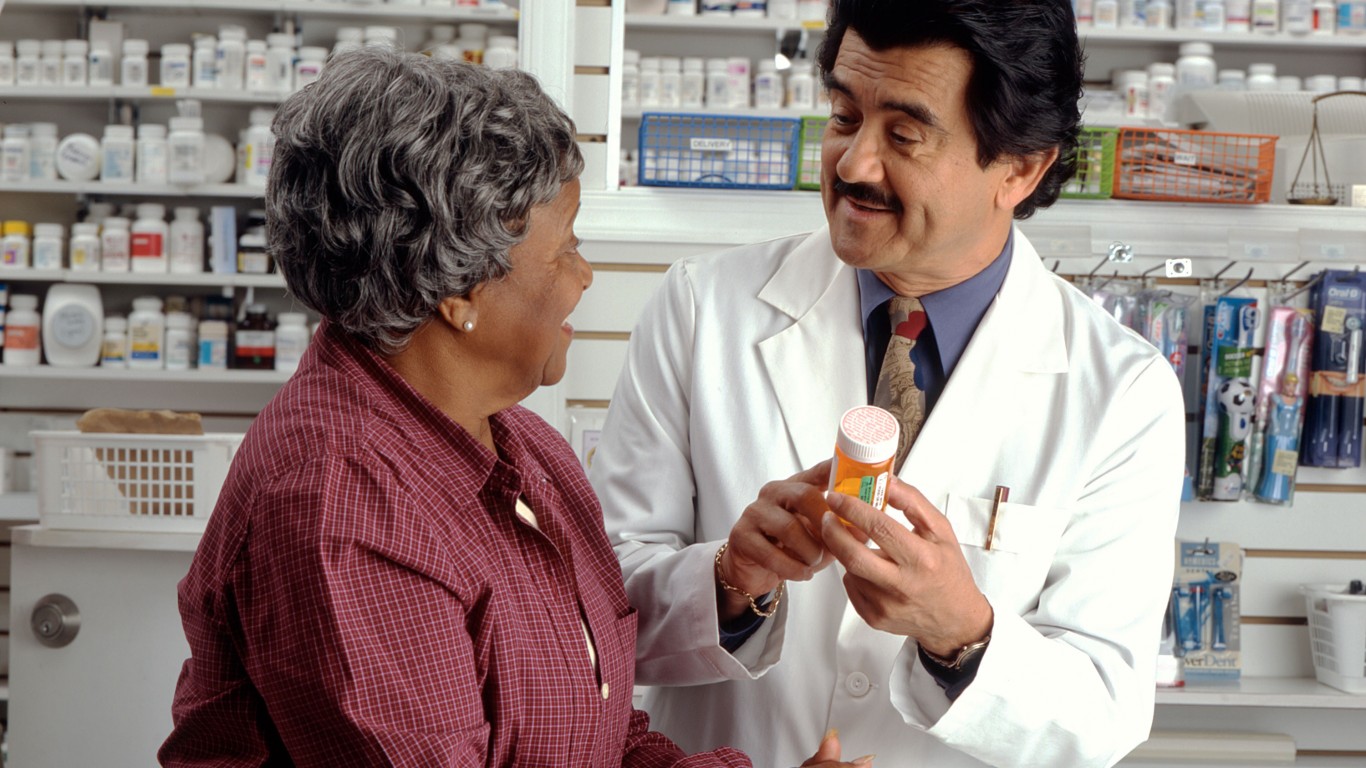
Many people see pharmacists as the white-coated, behind-the-counter individuals who dispense pills in a bottle. While they do perform that important service, they are also capable of a lot more. Making the most of their various skills is in the best interests of patients.
24/7 Tempo spoke to a pharmacist and reviewed several health care-related sites to compile a list of behind-the-scenes services many pharmacists offer.
Pharmacists are trained experts in medicines and how they work. They often understand the complex composition of medicines better than a general practitioner (GP) because they have spent years studying them. Just like medical doctors, they have specialties, which include cardiology, critical care, infectious disease, oncology, and nutrition, among others.
So next time your pharmacist recommends taking a medication a certain way, you should pay attention. Pharmacists are the primary source of information when it comes to potential side effects and the possibility of risky drug interactions.
The more questions you ask — as well as the more information you provide about your condition — the better your pharmacist will be able to help you. You may not know it, but pharmacists like to be used as a health resource – here are 20 other things pharmacists want you to know.
Click here to see what things you didn’t know pharmacist can do.

1. Coordinate your Rx refills
Your pharmacist can save you many trips to the drug store by coordinating the refills of all of your prescription medications so you can pick them up in one day. Medication synchronization, or med sync, may also prevent you from possibly missing doses because your pills are better organized â all of them at the same time and at the same place.
[in-text-ad]
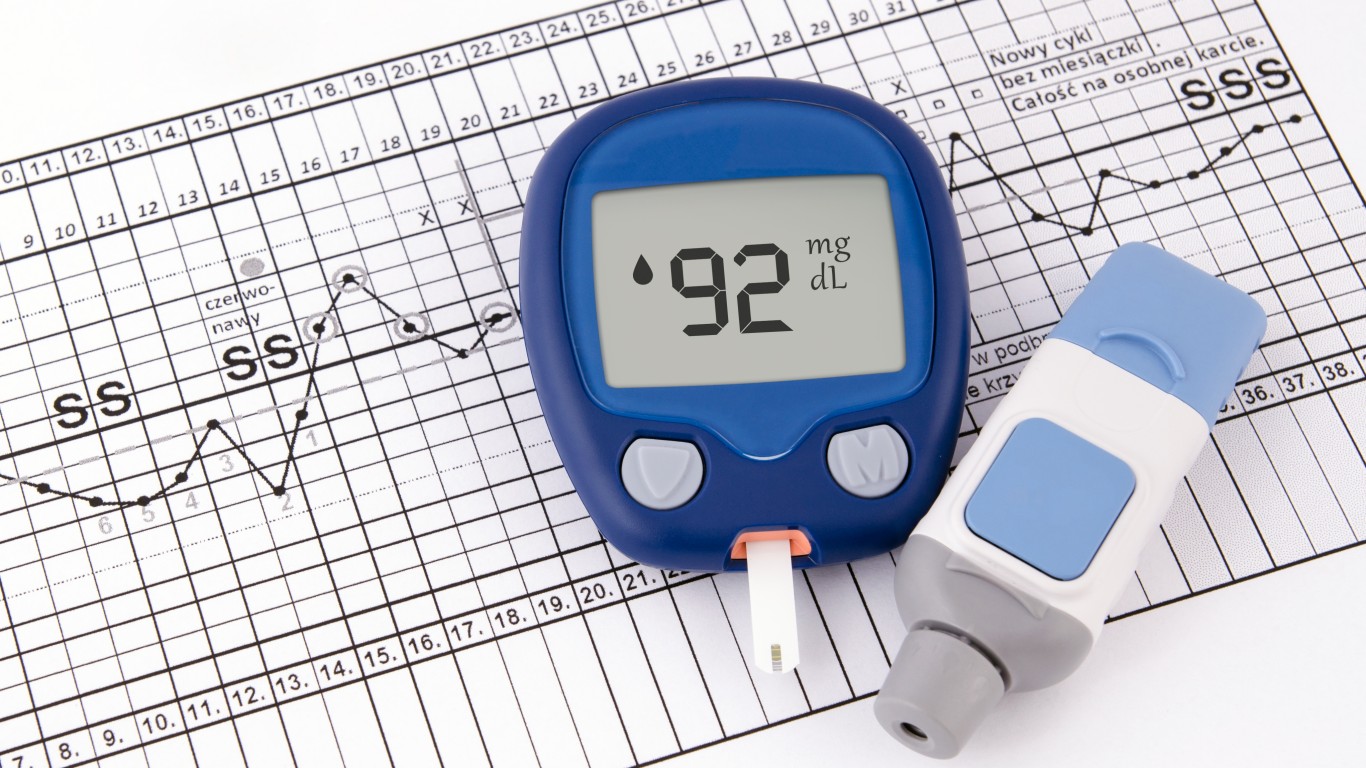
2. Screen for chronic conditions
Many pharmacies offer screenings for serious chronic conditions such as diabetes, bone loss, high cholesterol, hypertension, and even depression. Pharmacists will not make an official diagnosis, but the tests might at least encourage you to follow up with your doctor sooner rather than later.

3. Teach you to give yourself injections
Some conditions require medication that has to be administered on a regular basis via a subcutaneous injection. Instead of going to the doctor every time you need a shot, you can administer it yourself and your pharmacists can teach you how to do it. They can show you how to prepare, administer, and dispose of your medication safely.
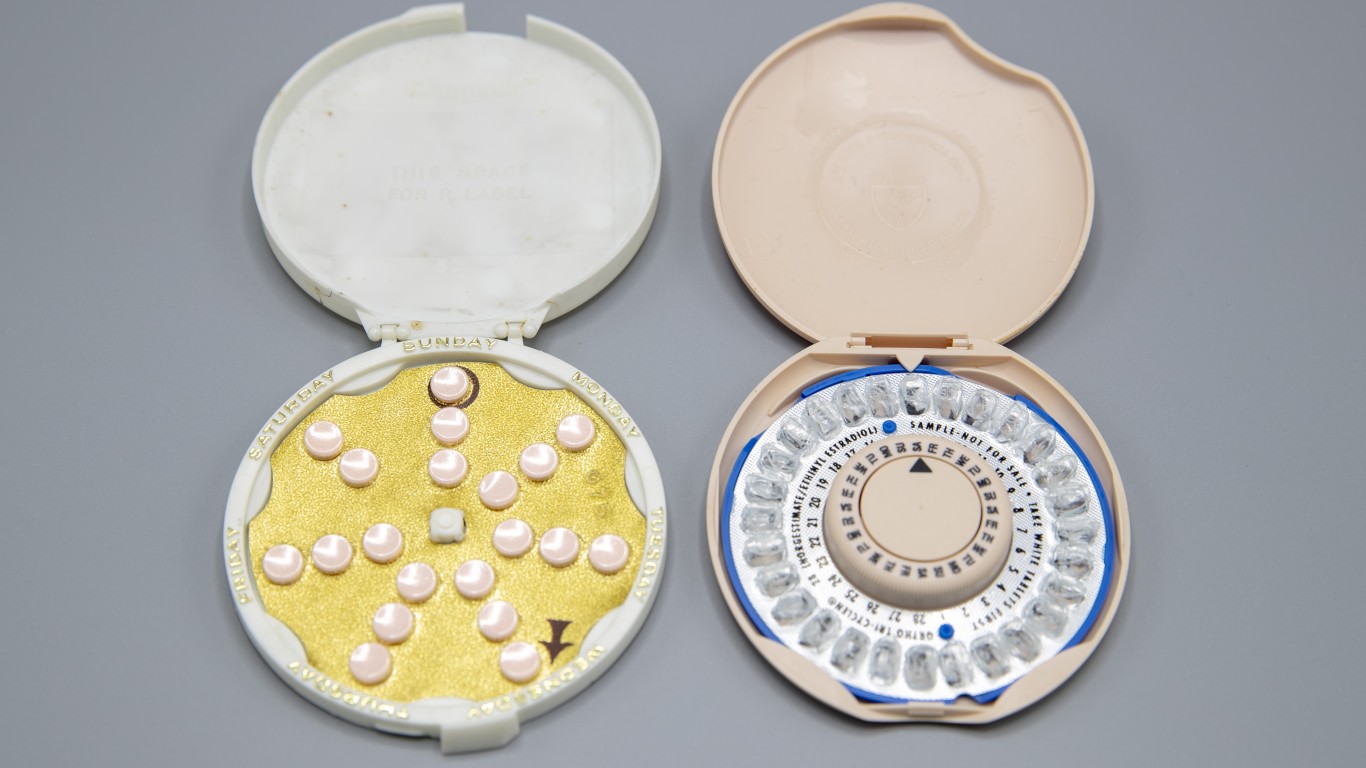
4. Prescribe contraceptives
Several states have made access to birth control pills easier. As of May 2019, nine states — California, Colorado, Hawaii, Idaho, Maryland, New Mexico, Oregon, Utah, West Virginia, as well as the District of Columbia — allow pharmacists to prescribe contraceptives, according to the National Alliance of State Pharmacy Associations. Women are using that option. In Oregon, for example, 10% of all birth control prescriptions since 2015 were written by pharmacists; about three-quarters of the prescriptions were for women who had never been on the pill.
[in-text-ad-2]

5. Help you quit smoking
Smoking is a leading cause of preventable death in the United States as it contributes to the development of cancer, heart, and lung diseases. Quitting is not easy and pharmacists can help. They can assist in the formation of an action plan to quit smoking, arrange for follow-up consultations, and identify the most suitable intervention opportunities. These can range from therapy focusing on minimizing withdrawal symptoms to taking medication such as Varenicline.

6. Prevent harmful drug interactions
A medication has many ingredients in it. If you take several different pills for various conditions, you may be mixing substances which, if taken together, could result in harmful side effects, such as agitation, nausea, vomiting, dramatic drops in blood pressure, cardiac failure, and even death. Many medications contain aspirin, while many cold medications contain acetaminophen, commonly sold as Tylenol. So you may be taking too much Tylenol without even knowing it, and this could lead to liver toxicity, according to Kelly Moore, a hospital-based pharmacist in New York. “Herbal products and vitamins often interact with medications, too.” Ginseng, goldenseal, and St. John’s wort are just a few examples of potent herbs with documented high risk of drug interactions.
[in-text-ad]

7. Provide medication therapy management
Medication Therapy Management (MTM) basically means helping patients get the most from their meds. Services include explaining to patients the appropriate use of their medication, monitoring their reaction to the treatment, evaluating its safety and effectiveness, as well as helping possibly lower the costs of medicines or treatment.

8. Consult on diagnosis at the hospital
Hospital pharmacists are a lot like pharmacists you meet at your local or retail drug store. Their primary responsibility is to make sure a patient is taking a safe medication appropriate for his or her condition. Hospital-based pharmacists have a slightly expanded role that also includes making patient rounds, consulting on diagnoses, recommending a course of treatment, and choosing the appropriate medication and dosage for patients.

9. Call your doctor to change your prescription
With the exception of a few states that allow pharmacists to prescribe birth control pills, pharmacists are not generally allowed (yet) to write prescriptions. What they can do, however, is call your doctor and suggest a different course of treatment, another medication, or a different dosage. This is fairly common in hospital pharmacies, according to Moore.
[in-text-ad-2]

10. Offer alternatives
Pharmacists are the drug experts. They know, in some cases better than your doctor, how a medication works and whether there is an alternative that is equally as effective and possibly cheaper. Pharmacists can suggest a generic version of whatever you are prescribed that will usually be cheaper, Moore said.

11. Report possible fraud
Pharmacists are legally required to know the requirements for dispensing controlled substances in the state they practice. They can get in a lot of trouble if they knowingly dispense medications that are not used for a legitimate medical purpose.
[in-text-ad]
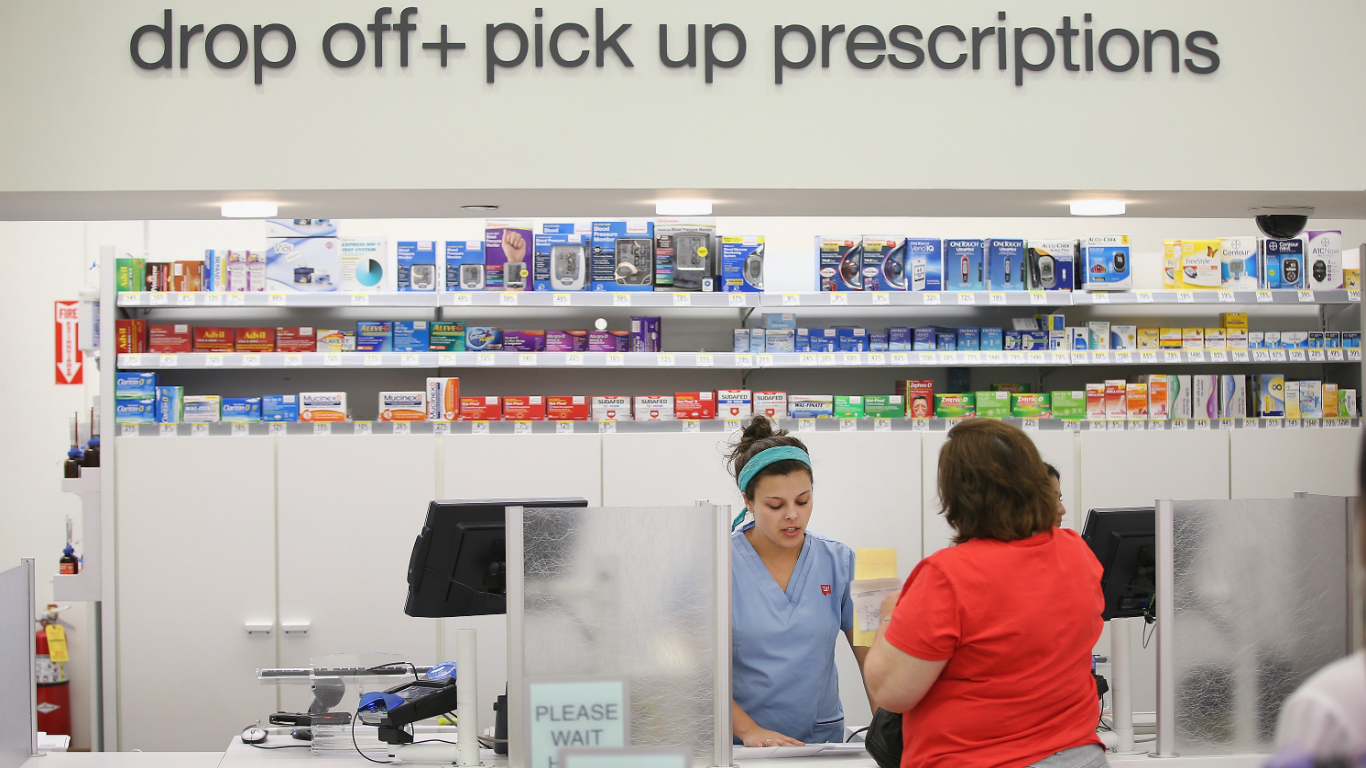
12. Offer advice on medicines for sale
Most of the drugs in pharmacies come from pharmaceutical companies in standardized doses and prepacked forms. Endless over-the-counter medications on shelves make it difficult for a person to make a decision about which product to buy. This is where pharmacists can help. Don’t make the decision alone; ask the pharmacist. They know about all of the drugs sold in the store and can offer advice on their purpose and safe use.

13. Administer vaccines
Every flu season you probably see signs about flu vaccines being available at your local pharmacy. But pharmacists can administer other types of immunizations as well, including pneumococcal and meningococcal infections, shingles, tetanus, diphtheria, or pertussis.
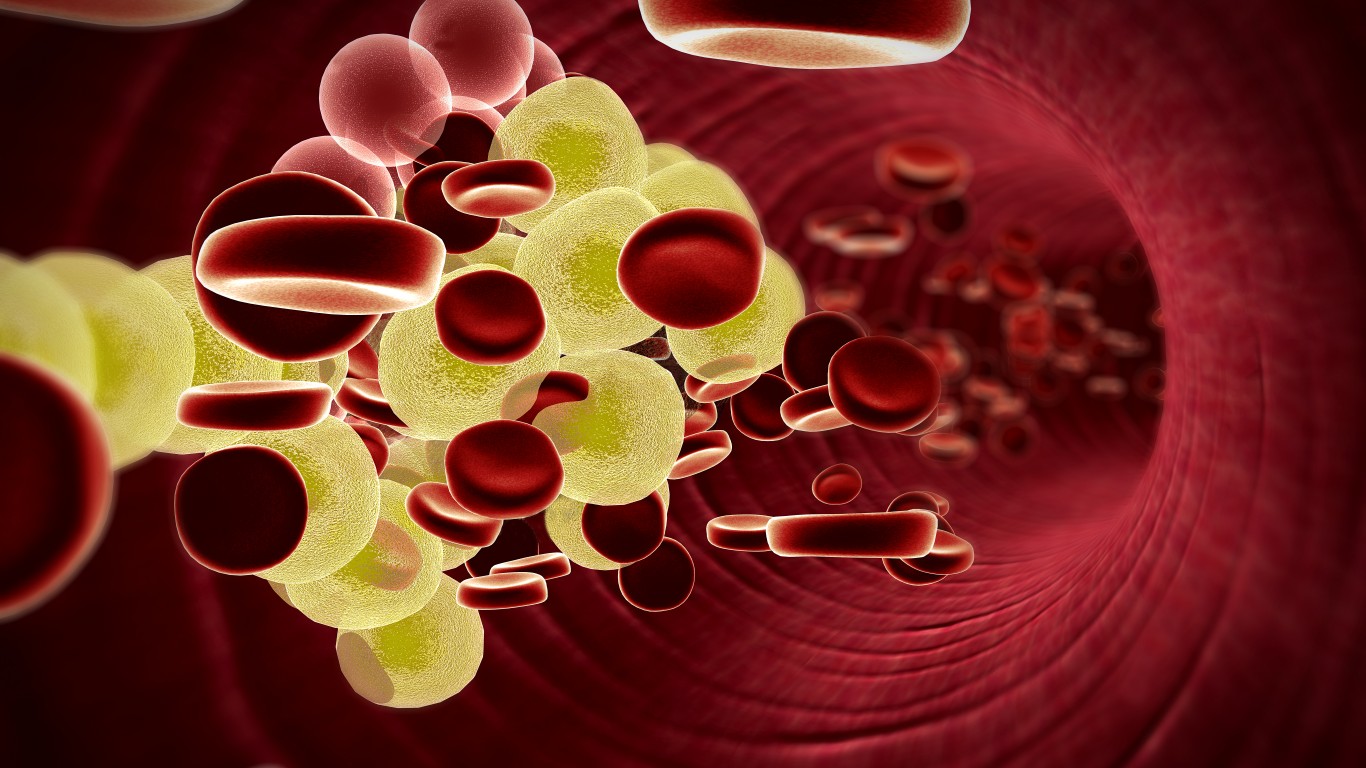
14. Help you manage your cholesterol
Pharmacists can help you monitor and manage several important health indicators, including cholesterol levels. A 2016 Canadian study showed advantages of pharmacists helping patients lower their LDL “bad” cholesterol levels. The patients who pharmacists helped were about twice as likely to achieve their LDL cholesterol goals compared to those instructed by their regular doctors.
[in-text-ad-2]
15. Take your blood pressure
One of the very basic services pharmacists offer is taking your blood pressure. Depending on what the result is, pharmacists can help you decide whether you need to see a doctor. You don’t need an appointment, but you may have to wait a few minutes.

16. Offer interpreter services
Pharmacies serve a very diverse public with many languages represented than ever before. Pharmacists are not required to speak several languages, but some states require pharmacies to provide interpreter services. In California, for example, pharmacies must have visible an 8 ½ x 11 inch “point to your language” poster for customers to request translation services.
[in-text-ad]

17. Invent drinks
The majority of pharmacists are not inventors, but one of the most beloved soft drinks in history was invented by one. Coca-Cola was invented in Atlanta by Dr. John Smith Pemberton, who had a pharmacy degree from Southern Botanico Medical College in Georgia. His first invention was a coca leaf drink called French Wine Coca. Another famous drink, Dr. Pepper, was also invented by a pharmacist — Charles Alderton of Waco, Texas.
Thank you for reading! Have some feedback for us?
Contact the 24/7 Wall St. editorial team.
 24/7 Wall St.
24/7 Wall St.